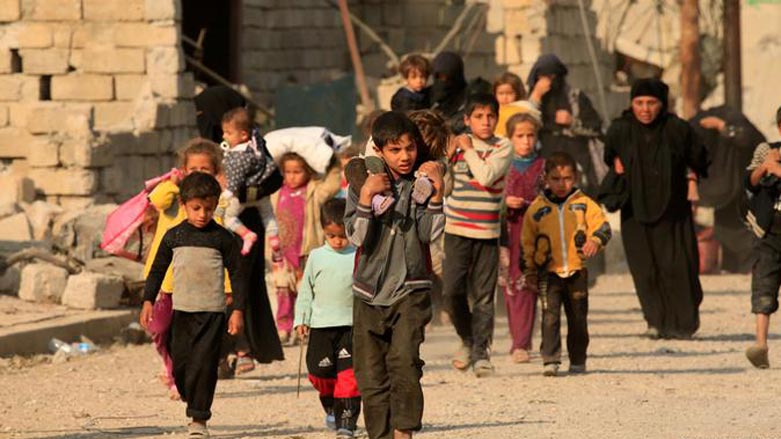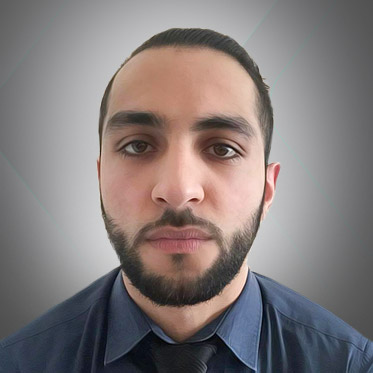Urgent emergency relief required for Mosul IDPs as temperatures rise

DOHUK, Kurdistan Region (Kurdistan24) – An international aid organization on Wednesday warned urgent emergency relief for hundreds of displaced people from Mosul is required due to high temperatures expected this summer.
Aid organization CARE International said humanitarian demands for Internally Displaced Persons (IDPs) residing in camps in the Kurdistan Region would increase with warmer temperatures.
“People currently displaced from Mosul and other areas in northern Iraq are exposed to extreme temperatures and their need for humanitarian support will increase,” the organization said.
Summer temperatures are expected to rise as high as 50 degrees this year, and “humanitarian needs remain significant, especially among displaced families, both in and out of camps.”
Since the military operation to retake Mosul from the Islamic State (IS) began, the number of displaced people flooding into the Kurdistan Region increased significantly.
CARE organizes the supply of clean water, provides sanitation facilities, and support for health centers in three IDPs camps in the Dohuk Province.
The influx of IDPs has led to a shortage of supplies including food, medicine, and other essential items.
Jacqui Symonds, CARE’s Head of Programs in Iraq, said further aid funds are required to meet the needs of 250,000 IDPs across Iraq.
“The existing funding gap, combined with the increasing numbers of those in need of humanitarian assistance, means, at present, that aid funds fall short,” she noted.
“However, we cannot stop now,” Symonds continued. “Displaced people, especially children, pregnant and lactating women, need our support.”
The CARE official added that tents in the IDPs camps offer little protection against the hot summer sun and stated alternative forms of shelter would be required.
Editing by G. H. Renaud
